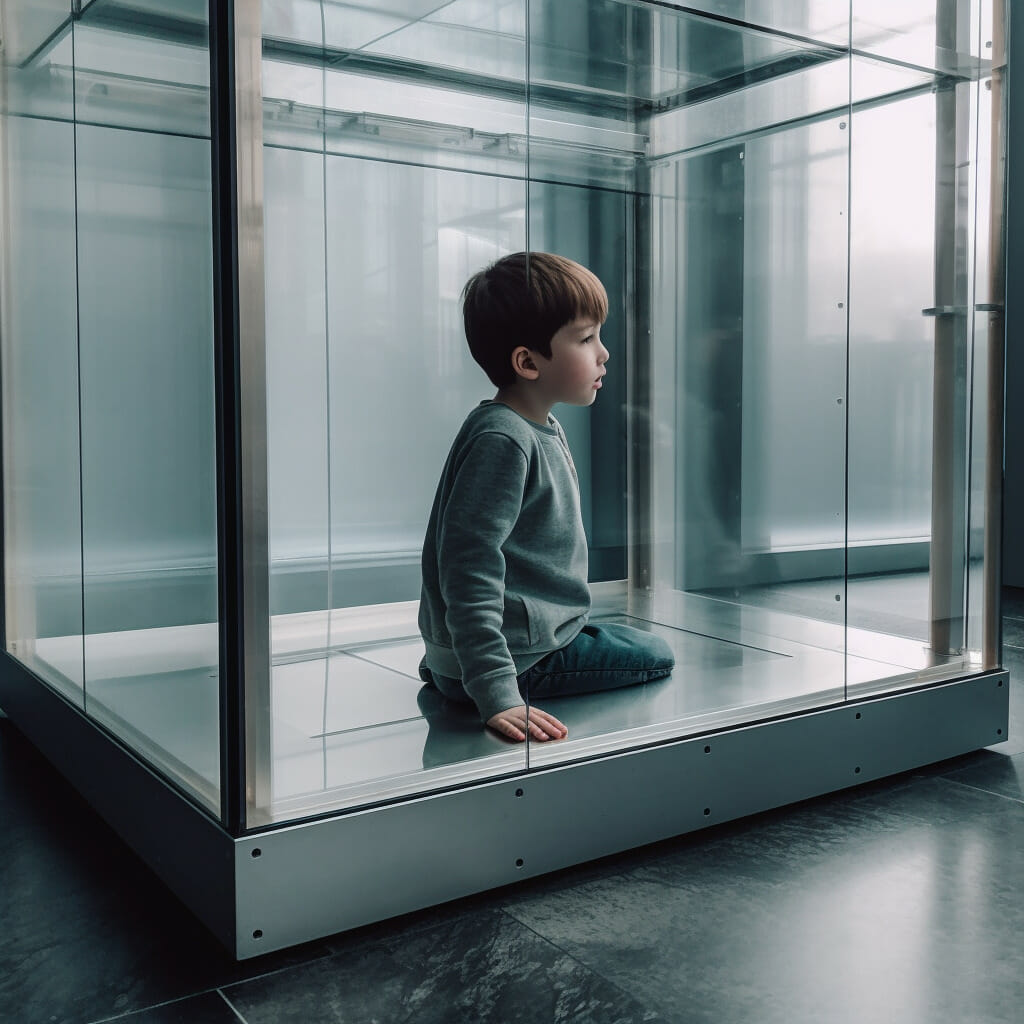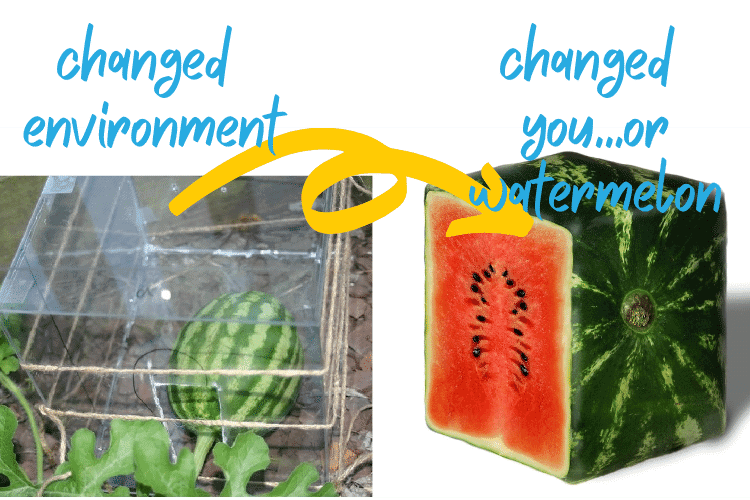My Journey with Autism: Learning Empathy and Finding Understanding
I have autism, it’s not a sercret I try to hide. Growing up with autism, I didn’t really understand other people and their views, and I had a hard time expressing my ideas. But I didn’t see it that way. When it was my turn to share, or when someone else got to go before I did, I would get angry. “Why can’t they just see that if they let me do me and stop trying to change me, then it’ll be better? Why can’t I have my way?” I thought. To me, the world was full of unpredictable people who were nice one moment, then annoying and mean the next. As you can probably, tell, those thoughts I had were wrong. I had to learn how to understand other people, how to take their viewpoints and empathize with them, and how to compromise for the sake of the group. Most people can learn this easily, but as a person with autism, this was difficult. Luckily, I got help. With ABA, speech lessons, and a good IEP, I learned how to deal with conflict, what coping skills to use, how to control my temper, and most importantly, how to empathize with others and understand their perspective. It wasn’t always enjoyable, I wasn’t the most docile kid– in fact, I was (and still am) very stubborn. I remember that I hated my aides at time, that they were so annoying, mean, and only out to make my life miserable. But now, I realize that those aides weren’t jerks, they were trying to help me, and I just wouldn’t let them.
Now, after years of learning, I’ve improved so much from what I used to be. Instead of people being afraid of me or bullying me for being different, I am well-liked and well-known in my classes as an intelligent, humorous student. I seem very normal; in fact, most people don’t know I am autistic unless I tell them! ABA, speech lessons, and IEP has changed my life, and I am extremely grateful for this.
But I know that there are some people who aren’t as lucky. My dad is one of those examples. Growing up, I noticed that he always acted very differently than most people. Talking to him was like walking in a field of land mines, I had to step carefully, or I would get blown up. When he got angry, it was terrifying. He would yell, scream and direct his rage at anyone or anything in particular. It was like dealing with a man-child. He was selfish, unpredictable, didn’t think about other people, and always wanted to get his way. Additionally, he also hoarded newspapers and stacked them across the walls, as I would do with my LEGO sets, and would get angry if I moved something because it was in its” perfect place” But for some reason, he didn’t seem conscious of these decisions, not being selfish and consciously knowing the consequences, more like that he simply didn’t even think about others, or think about whether or not he should compromise. Eventually, I came to the conclusion that he is probably autistic, which would explain where my autism came from as well. He even almost admitted it once, when a psychiatrist was listing off the disruptive behaviors often associated with autism, he later commented that he often did the behaviors mentioned. But despite the evidence stacking in favor of him being autistic, my dad still refuses to accept it. As a kid, he didn’t get help, and that’s the reason why he’s the messed up person he is today. Autism must be caught in the earlier stages of life before bad habits and bad coping skills can set in. People who don’t get help like my dad often become like him, full of confusion and rage. Empathy and perspective-taking are integral to life, it’s how we’re able to think about other people, sacrifice what we want for what they need, form bonds, make alliances, and even keep a healthy relationship with one’s parents. People with autism, who start out needing to cultivate these skills, will often go through life not understanding other people and constantly being frustrated by that, pushing away other people they believe to be hurting them but are actually helping them.





Leave a Reply